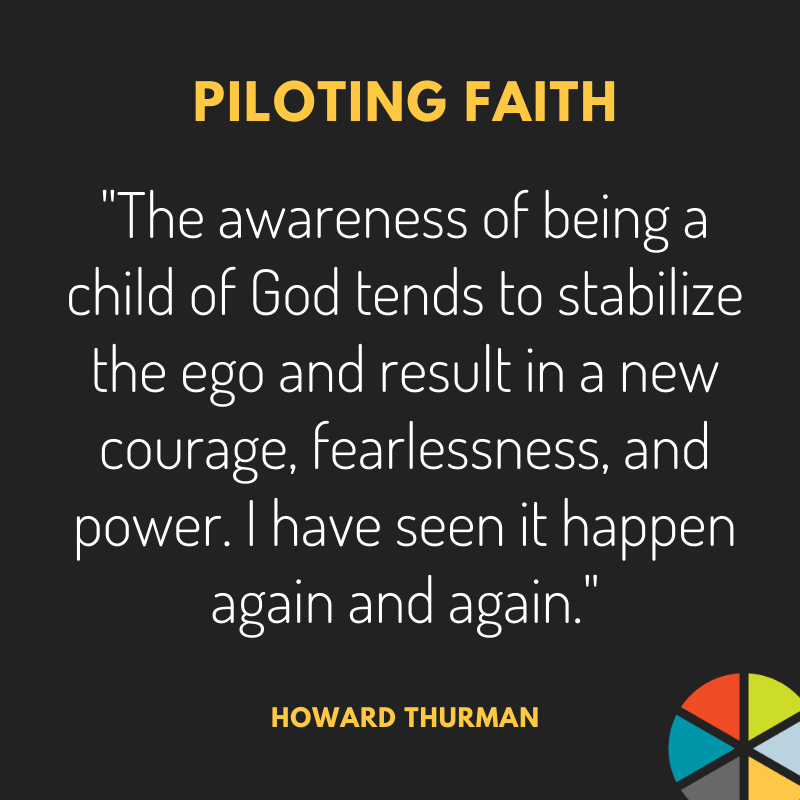Sociology and cultural studies teach us that groups of people define themselves mainly by who they are not, what they are against, what beliefs they do not hold, what behaviors they do not practice. They define themselves in the negative – against another group, issue, ideology, or politic. Their identity requires a problem or an enemy. They need someone to oppose to act with any force in the world.
Living by what we are for, what we support, who we love, what we cherish is harder to sustain. Its boundaries are more porous, and it’s welcome more inclusive. This is why we can point to historical moments of great violence, but it’s harder to see historical movements of great love. Living in the positive requires higher consciousness. It requires intention.
Our great spiritual teachers refused to fall into the binary trap by feeding oppositions. They saw clearly that the binaries – conservative/liberal, white/black, rich/poor, for example – were competing magnetic forces creating each other’s existence. Without one, acting with relatively equal force, the other would don’t exist.
Instead, they teach us what is needed is not stronger force to sway the pendulum. Instead, we need deeper spiritual maturity to see the game for what it is. Theologian and mystic Howard Thurman once said, “The awareness of being a child of God tends to stabilize the ego and result in a new courage, fearlessness, and power. I have seen it happen again and again.”
When Jesus found himself facing opposition, he didn’t argue about the rightness or wrongness of a position. He focused on human suffering. “Where are we wounding each other?” he asked. Our shared pain and mutual joy are the meeting places of belonging.
I think about such this as we watch this war in Ukraine. We must do all we can to stop the terrible harm being done, and we must come together not because we are against an enemy but because we relentlessly stand for Love.
We are in this together,

Rev. Cameron Trimble
Author of Piloting Church: Helping Your Congregation Take Flight
